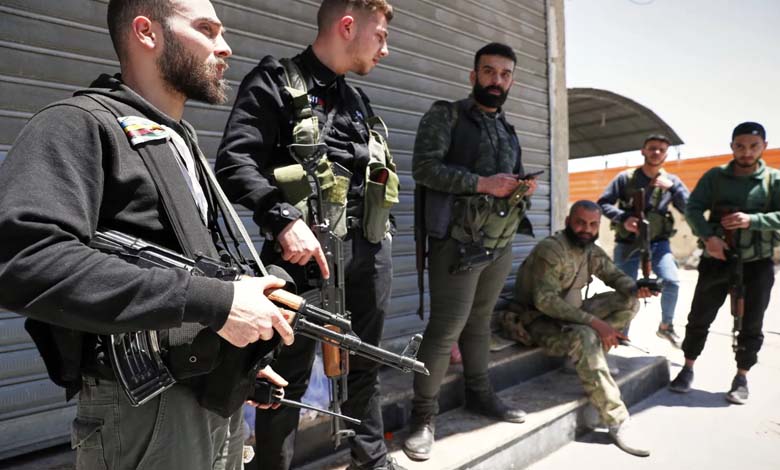Israeli Humanitarian Corridor to Sweida Facilitated by U.S. Mediation Efforts

The Syrian government has voiced concerns to the United States that Druze militias could exploit a planned humanitarian corridor to Syria’s Sweida province as a channel for smuggling weapons. This initiative, revealed by U.S. outlet Axios, is part of the Trump administration’s attempt to mediate between Israel and Syria in order to open humanitarian access to the southern Syrian region.
-
Israeli Druze Cross Borders to Aid Their Brethren in Sweida
-
The Sweida Crisis: U.S. Calls for Dialogue as Israeli Druze Prepare for Battle
The project comes amid ongoing tensions in Sweida, where humanitarian needs remain urgent. Its stated goal is to enable the delivery of food, medicine, and other vital aid to local Druze communities, bypassing the logistical and security hurdles that have hindered such efforts. According to Axios, the plan extends beyond humanitarian relief, potentially serving as a diplomatic opening for a rare rapprochement between Damascus and Tel Aviv after twenty-five years of near-total disengagement.
The United Nations recently warned of a worsening situation in Sweida, exacerbated by roadblocks and insecurity. However, Damascus fears the corridor could be used for arms trafficking by autonomous armed groups in the province, including the so-called “Sweida Military Council,” which is known for separatist aspirations and is accused by local sources of receiving Israeli backing.
-
Clashes near Sweida shatter ceasefire: Washington urges Syrians to build a new unified identity
-
Al-Sharaa hands security in Sweida to Druze authorities to eliminate Israeli pretexts
This concern places the Syrian government in a delicate position, balancing the urgent need for humanitarian aid with the imperative to safeguard national security. Tensions flared again last month when Israel conducted airstrikes in Syria, claiming to act in defense of the local Druze minority — a move that raised concerns in Washington over the risk of further destabilization.
Previous attempts to route aid through Jordan failed after Amman declined to act as a transit point. Israel then resorted to airdropping humanitarian supplies before turning to Washington to secure Damascus’s formal approval for a humanitarian passage. This effort led to the planning of a meeting in Paris between U.S. envoy for Syria Thomas Barak, Israeli Strategic Affairs Minister Ron Dermer, and Syrian Foreign Minister Assad al-Chibani. Originally scheduled for Wednesday, the meeting was postponed to allow more time to finalize preparations and refine the agenda.
-
Shock in Syria after execution of medic at Suwayda hospital
-
Syria Welcomes Multi-Billion Dollar Investments for Post-War Reconstruction
This will be the second such meeting in three weeks, marking a rare diplomatic event after a quarter-century of almost no direct contact. While it holds potential for an agreement, the risks of failure remain high amid mutual suspicion. Meanwhile, Syria, Jordan, and the United States have agreed to establish a tripartite working group to help sustain the ceasefire in Sweida, which was introduced on July 19 following deadly clashes between Druze groups and Bedouin tribes. Since the ousting of Bashar al-Assad on December 8, 2024, after twenty-four years in power, Syria’s new leadership has been striving to restore security nationwide — and Sweida stands as a major test of its stability.












